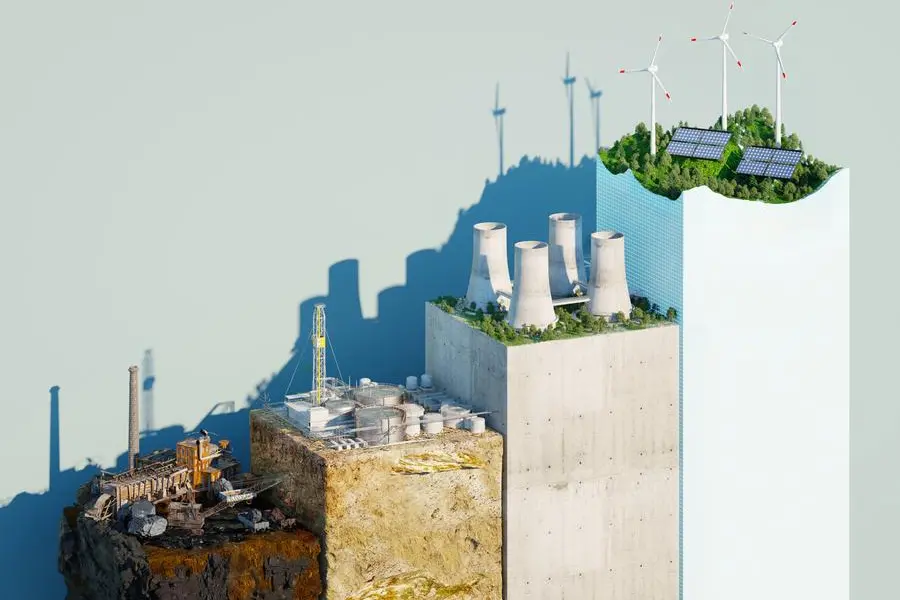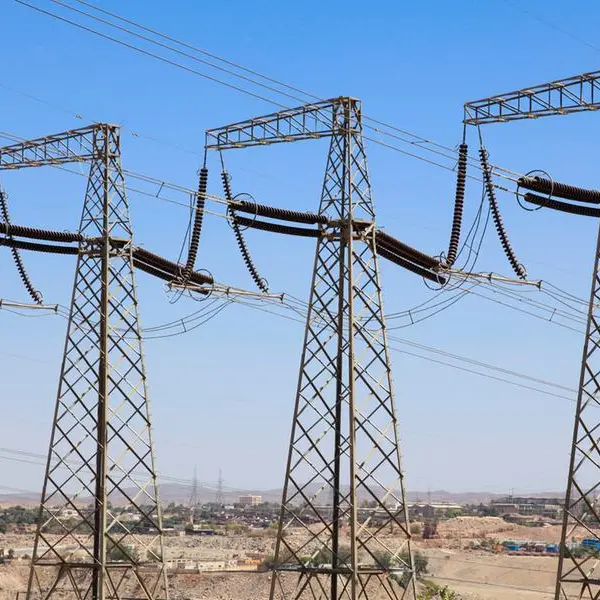PHOTO
PARIS – Forty-five governments from around the world have endorsed the goal of doubling the average global rate of energy efficiency improvements by the end of the decade to foster sustainable economic growth and help put the world on a secure and affordable path towards net zero emissions.
“It’s hard to overstate the importance of energy efficiency for strengthening energy security and keeping the goal of limiting global warming to 1.5 C within sight, so I’m delighted that countries from across the world are uniting around the IEA’s call to double energy efficiency progress by 2030,” said Dr Birol, the IEA Executive Director. “This can help drive stronger momentum behind efforts to achieve an ambitious outcome at COP28 in Dubai.”
In a ministerial statement released today following the IEA’s 8th Global Conference on Energy Efficiency in Versailles, France, governments from across Africa, the Americas, Asia and Europe highlighted the critical role that energy efficiency can play in improving living standards and energy security – and in accelerating the clean energy transition toward reaching net zero emissions by 2050. This means ramping up annual energy efficiency progress from 2.2% today to over 4% annually by 2030 in a move that would create jobs, expand energy access, reduce energy bills, decrease air pollution, and diminish countries’ reliance on fossil fuel imports – among other social and economic benefits.
The Versailles Statement on “the crucial decade for energy efficiency” urges all parties and stakeholders taking part in the COP28 Climate Change Conference in Dubai later this year to raise their ambition and strengthen energy efficiency policy implementation in line with the Paris Agreement. It underscores that effective policies must be fully leveraged to encourage behaviour change among consumers and businesses, with targeted actions to support individuals, especially vulnerable and low-income households. Moreover, digitalisation, demand-driven solutions and investments in modernising electricity grids were all identified as priorities that will lay the foundations for energy efficiency to feature in all areas of the clean energy transition. The participating ministers also stressed the importance of addressing energy poverty, promoting clean cooking, and tackling gender issues relating to energy.
Ministers agreed on the statement during a roundtable meeting at the conclusion of the IEA Global Conference on Energy Efficiency, which convened over 600 participants from 90 countries, including over 30 ministers and 50 CEOs. Governments with official delegations at the event represented 70% of global energy consumption.





















